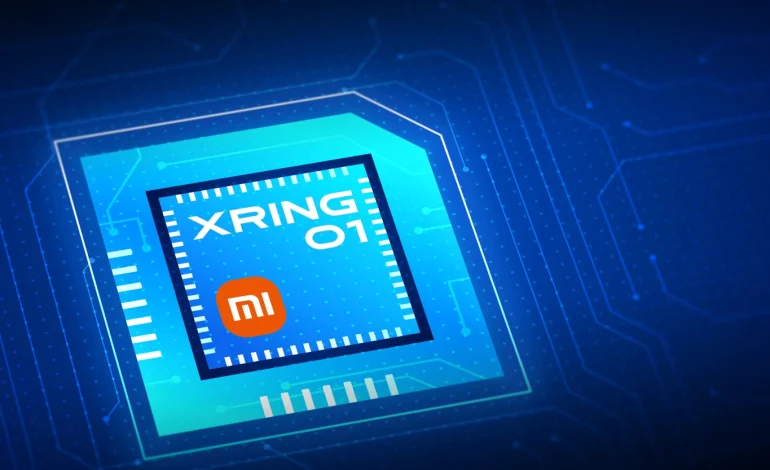Chinese technology company Xiaomi has committed to investing 50 billion yuan (approximately $6.9 billion) over the next decade to design and develop its own chips, marking a significant strategic shift toward greater technological self-reliance.
In a statement posted on the social media platform Weibo, Xiaomi CEO Lei Jun described the initiative as a renewed long-term commitment to building in-house semiconductors, particularly for smartphones. The investment, which begins in 2025, will support the company’s ambitions to produce advanced chipsets capable of competing with those developed by leading industry players such as Apple and Samsung.
This move follows earlier attempts by Xiaomi to develop its own system-on-chip (SoC) technology. Its first chip, the Surge S1, launched in 2017, but the company later suspended the SoC program due to challenges in research and development. While Xiaomi has since introduced other types of semiconductors—such as image signal processors—the newly announced Xring O1 chip represents a return to foundational smartphone components.
Xiaomi is expected to unveil the Xring O1 on Thursday. Built using a 3-nanometer process—among the most advanced in the semiconductor industry—the chip will power upcoming flagship smartphones. This same process is used by Apple in its A18 Pro chip for the iPhone 16 Pro series, placing Xiaomi’s development in line with global leaders in chip design.
The SoC integrates multiple functions—including memory and wireless connectivity—onto a single chip, offering the potential for more seamless integration between hardware and software. Lei emphasized that this type of chip design is central to Xiaomi’s vision of becoming a “hardcore technology company.”
Despite Xiaomi’s shift toward self-developed chips, the company appears committed to maintaining its relationship with current suppliers. Qualcomm CEO Cristiano Amon stated that his company remains a key strategic partner and will continue to provide Snapdragon chips for Xiaomi’s high-end devices.
“We remain a strategic supplier of chips for Xiaomi,” Amon said in an interview with CNBC, suggesting that the new in-house chip development is unlikely to disrupt existing collaborations.
Very few smartphone manufacturers currently design their own SoCs due to the high cost and technical complexity involved. Apple, Samsung, and Huawei are among the exceptions. By pursuing this path, Xiaomi joins a small group of global tech firms seeking to differentiate their products through proprietary silicon.
The announcement comes amid broader efforts within China to reduce dependence on foreign technology in the face of ongoing geopolitical tensions and trade restrictions. In recent years, US export controls have limited Chinese firms’ access to advanced semiconductors, prompting companies like Xiaomi to accelerate domestic innovation.
On Thursday, in addition to introducing the Xring O1, Xiaomi is expected to launch a new smartphone, tablet, and electric vehicle—highlighting its expansion into multiple high-tech sectors. It remains unclear which of these devices will feature the new chip.
CNBC and Business Insider contributed to this report.










The latest news in your social feeds
Subscribe to our social media platforms to stay tuned